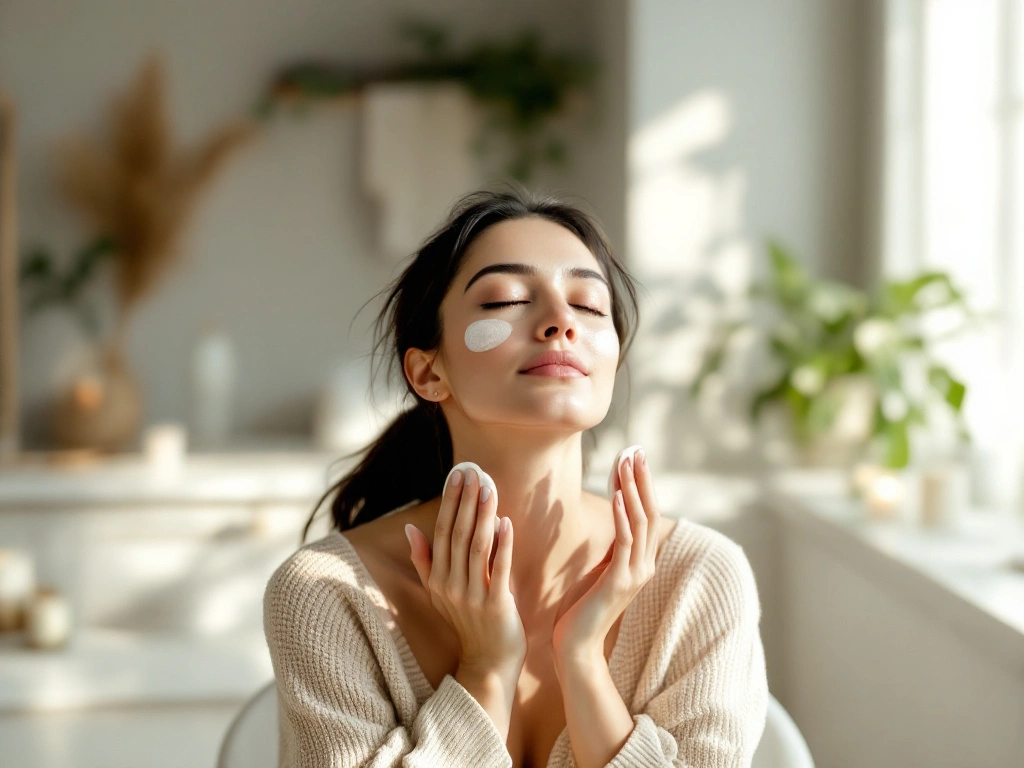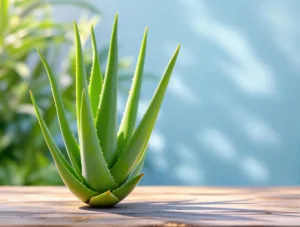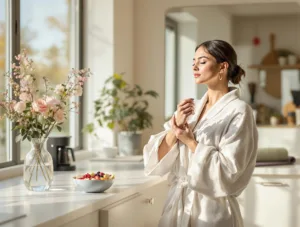The Ultimate Guide to Henna for Hair: Natural Dye and Treatment
Introduction
In an era where chemical-laden hair products dominate the market, many people are turning to natural alternatives for healthier, more sustainable hair care. Henna, a plant-based dye and treatment, has been used for centuries across cultures for its vibrant coloring properties and therapeutic benefits. Unlike synthetic dyes, henna strengthens hair, adds shine, and treats scalp conditions without harmful side effects.
This comprehensive guide explores everything you need to know about using henna for hair—from its origins and benefits to application techniques and maintenance tips. Whether you’re looking for a chemical-free hair dye or a natural remedy for hair loss and dandruff, henna offers a versatile and effective solution.
What Is Henna?
Henna (Lawsonia inermis) is a flowering plant native to regions of Africa, South Asia, and the Middle East. Its leaves are dried, ground into a fine powder, and mixed with liquids to create a paste used for body art (mehndi) and hair dye.
Types of Henna for Hair
- Natural Henna (Red Henna) – Pure henna powder that imparts a reddish-orange tint.
- Neutral Henna (Cassia Obovata) – Doesn’t dye hair but conditions and adds shine.
- Black Henna – Contains synthetic additives like PPD (para-phenylenediamine), which can cause allergic reactions.
- Blended Henna – Mixed with other herbs like indigo, amla, or hibiscus for varied shades.
Pro Tip: Always opt for 100% natural henna to avoid harmful chemicals.
Benefits of Henna for Hair
1. Natural Hair Dye Without Chemicals
Unlike commercial dyes that contain ammonia and peroxide, henna coats the hair shaft with a protective layer, enhancing color without damage.
2. Strengthens and Thickens Hair
Henna binds to keratin, reinforcing hair strands and reducing breakage.
3. Treats Scalp Conditions
Its antifungal properties help combat dandruff, psoriasis, and excessive oiliness.
4. Adds Shine and Volume
Henna smoothens the hair cuticle, reflecting light for a glossy finish while adding body.
5. Prevents Premature Greying
Regular use may slow greying by nourishing hair follicles with antioxidants.
How to Use Henna for Hair Dyeing
Step 1: Choosing the Right Henna
- For red tones, use pure henna.
- For brown/black shades, mix henna with indigo.
- For conditioning only, use cassia (neutral henna).
Step 2: Preparing the Henna Paste
- Ingredients:100g henna powderWarm water or lemon juice (for dye release)1 tbsp sugar (for smoother application)1 tsp coffee or tea (optional, for deeper color)2 tbsp coconut oil (to prevent dryness)
- Mixing Process:Sift henna to remove lumps.Gradually add warm liquid until it reaches a yogurt-like consistency.Let it sit for 4-6 hours (or overnight) for dye release.
Step 3: Application
- Protect skin & clothes (henna stains easily).
- Section hair and apply from roots to tips.
- Cover with a shower cap and leave for 2-4 hours.
- Rinse thoroughly with water (avoid shampoo for 24-48 hours).
Pro Tip: For deeper color, wrap hair in cling film and apply heat with a blow dryer.
Henna Hair Treatments for Different Hair Concerns
1. Henna for Hair Growth
- Recipe: Henna + amla powder + fenugreek paste.
- Benefits: Stimulates follicles and reduces hair fall.
2. Henna for Dandruff
- Recipe: Henna + yogurt + tea tree oil.
- Benefits: Soothes itchiness and controls flaking.
3. Henna for Dry Hair
- Recipe: Henna + aloe vera + honey.
- Benefits: Hydrates and softens brittle strands.
Common Mistakes to Avoid
- Using metallic bowls (can oxidize henna).
- Leaving henna on too long (may dry out hair).
- Skipping patch tests (to check for allergies).
- Mixing with chemical dyes (can cause reactions).
Maintenance and Long-Term Use
- Frequency: Every 4-6 weeks for color touch-ups.
- Post-Henna Care: Use sulfate-free shampoos and deep condition regularly.
- Color Build-Up: Henna darkens with repeated applications.
Conclusion: Is Henna Right for You?
Henna is an excellent choice for those seeking a natural, chemical-free alternative to traditional hair dyes. Beyond coloring, it offers deep conditioning, scalp healing, and strengthening benefits. While the process requires patience, the results—vibrant, healthy hair—are well worth the effort.
For best results, always use high-quality, pure henna and customize blends to suit your hair type and desired shade. Whether you’re covering greys, enhancing shine, or treating scalp issues, henna provides a holistic approach to hair care that modern treatments often lack.
Embrace the power of nature and let henna transform your hair into its healthiest, most radiant version yet!
Would you like any modifications or additional details on specific sections?









Add comment